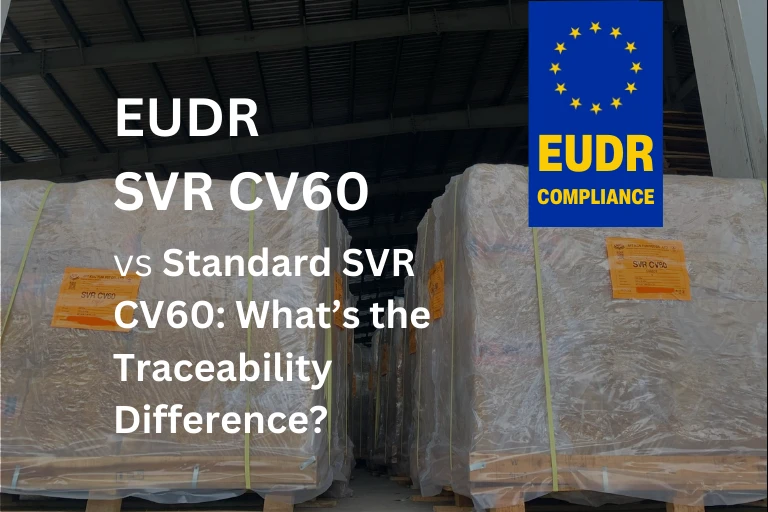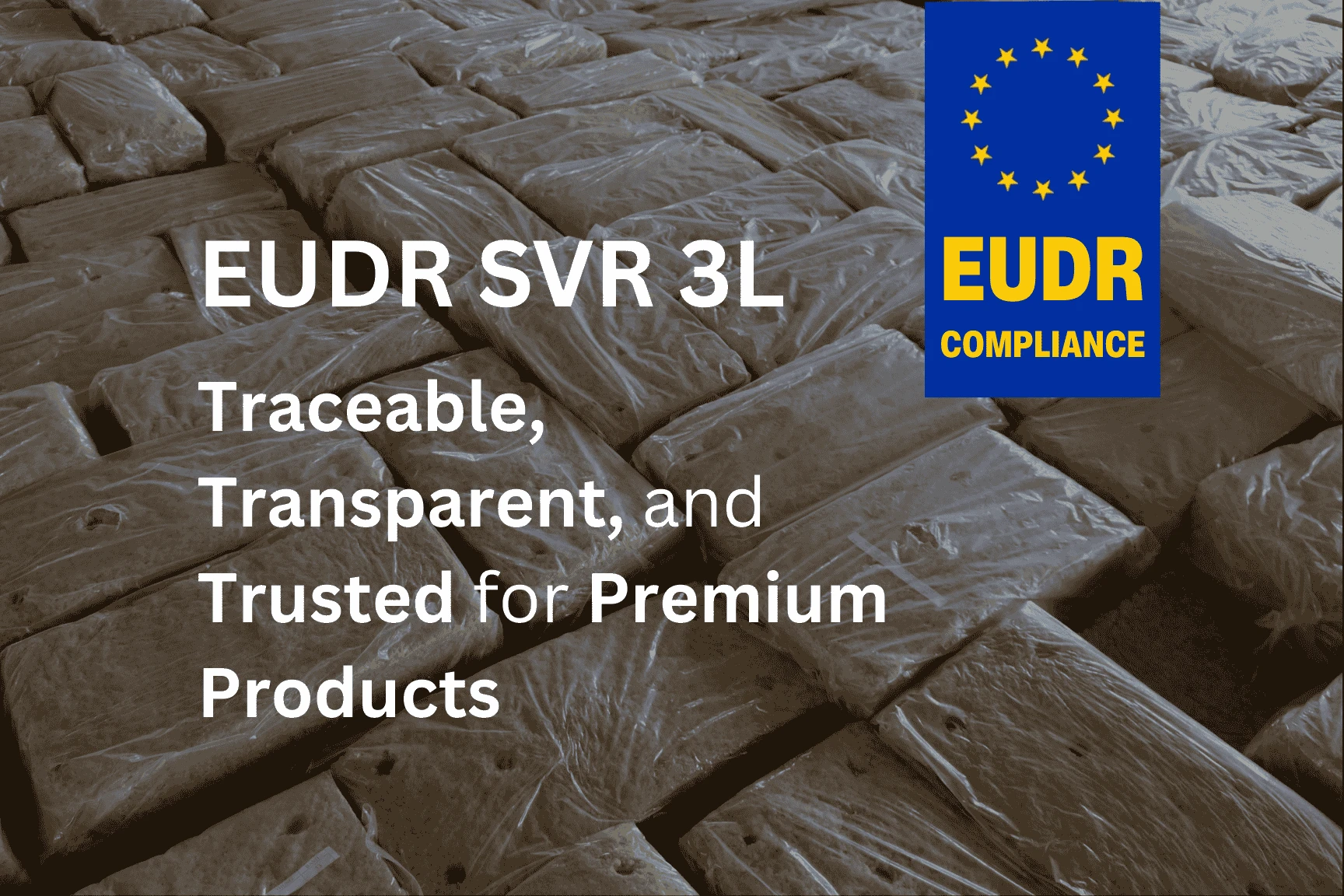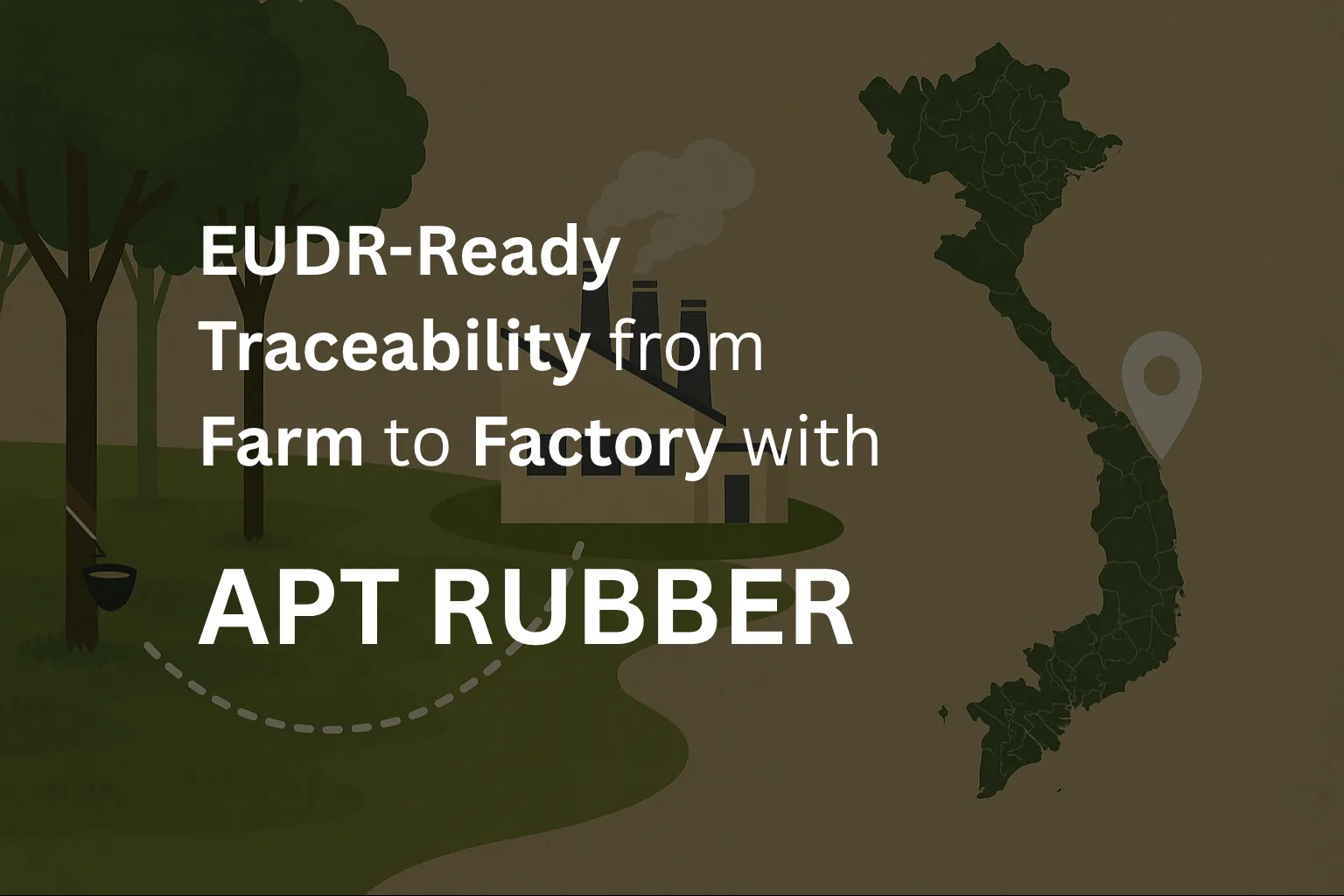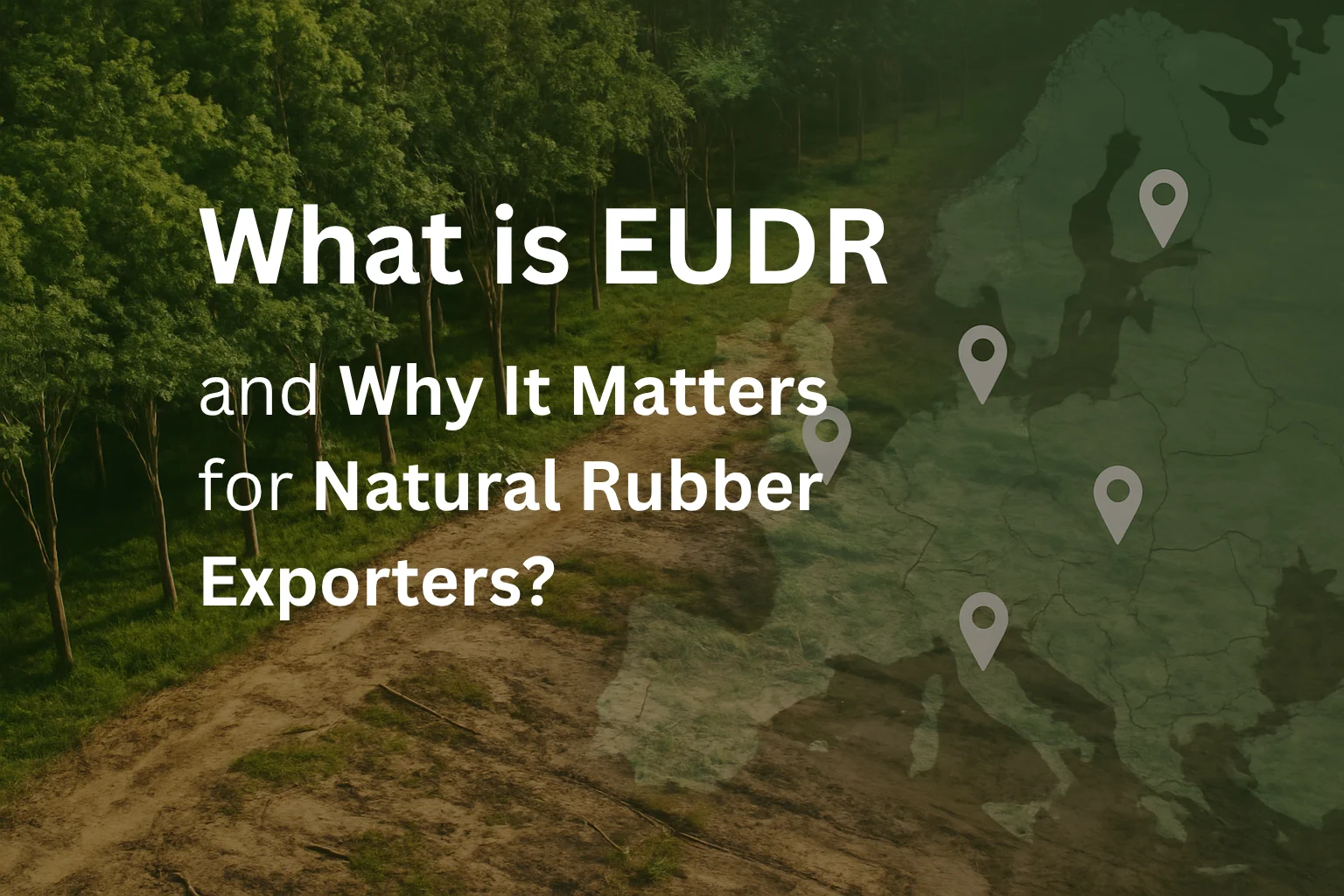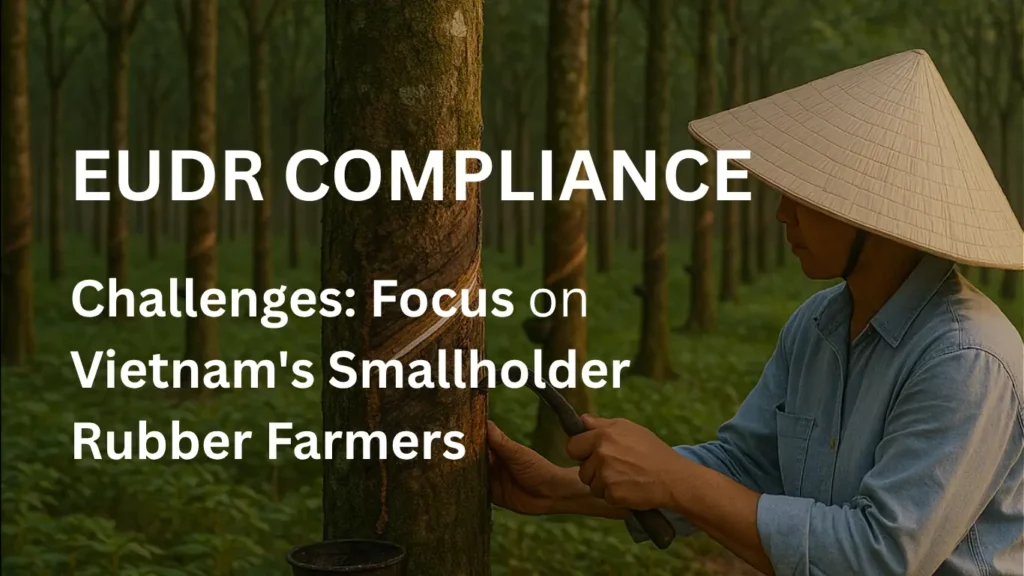
1. Overview of EUDR Challenges for Smallholder Farmers
Smallholder farmers account for a significant portion of Vietnam’s total natural rubber production. While crucial, they represent the weakest link in meeting the EUDR requirements due to limitations in scale, knowledge, and resources.
Core Challenges (Key EUDR challenges for smallholder rubber farmers?):
- Geographical Traceability: The largest hurdle is providing precise geographical coordinates.
- Technical & Financial Constraints: Inability to invest in data collection technology and management systems.
- Supply Chain Complexity: Dependence on purchasing agents (traders) makes collecting primary data difficult.
- Lack of Legal Documentation: Many households may not have clear land titles, complicating the EUDR legality requirement.
2. Technical Barriers: Polygon/Geojson and Smallholders
The requirement to provide Polygon/Geojson coordinates is the most significant technical barrier for smallholder farmers.
Why is providing Polygon/Geojson data difficult for smallholders?
- Lack of Equipment: Farmers lack the necessary smartphones, dedicated GPS devices, or computers required for mapping plot boundaries (GIS Mapping).
- Technical Knowledge: They lack knowledge about Geographical Information Systems (GIS), how to determine polygon coordinates, and understanding the Geojson data format required by EUDR.
- Cost: Hiring experts for surveying or purchasing software/equipment is too expensive compared to the profits earned from small cultivation areas.
Polygon data requires the exact boundary of each plot, which is beyond the capacity of a farmer accustomed only to selling latex through a trader.
3. Financial Constraints and the Role of Traders
- Financial and Resource Limitations
- Low Investment Capital: The cost of EUDR compliance (training, surveying, systematization) cannot be absorbed by individual smallholders.
- Lack of Training: Farmers have not received adequate training on EUDR deforestation definitions, sustainability concepts, and Due Diligence System (DDS) procedures.
- The Role of Purchasing Agents/Traders
Traders are important intermediaries connecting farmers to factories. However, they are also a source of traceability complexity:
- Commingling: Traders often collect latex from various plots (with/without coordinate data) and mix it before selling to the factory, causing the loss of individual source traceability.
- Lack of Compliance Motivation: Traders typically operate based on price/volume, lacking the incentive to execute complex paperwork or data collection procedures required by EUDR.
4. Necessary Solutions and Support
To ensure a sustainable supply from Vietnamese smallholder farmers, intervention and cooperation from multiple parties are needed.
Solutions and Support Programs (What solutions and support programs are available or needed?)
- Financial Support: Credit programs or sustainable development funds to finance surveying and training costs.
- Group Models: Encouraging farmers to join Co-operatives or Farmer Organizations. These organizations can pool resources to hire GIS experts and manage data centrally.
- Simple Digital Platforms: Developing simple mobile applications that allow farmers or cooperative staff to easily photograph boundaries and generate basic Polygon data.
- In-depth Training: Training programs on the EUDR deforestation definition, the importance of geographical coordinates, and how to maintain compliance records.
The Role of Factories and Large Companies (How can factories and large companies help smallholders with traceability?)
Rubber processing factories play a crucial role in enabling compliance:
- Investment in Satellite Programs: Implementing outreach programs, utilizing GIS experts to conduct Supply Shed Mapping for their smallholder suppliers.
- Data Management Systems: Building IT systems at purchasing points to store coordinate data (Polygon/Geojson) immediately upon latex delivery, linking this data to batches.
- Preferential Purchasing Policies: Offering higher prices or other benefits for EUDR-verified compliant rubber, creating a direct financial incentive for farmers.
Conclusion
EUDR compliance presents significant technical and economic challenges for Vietnamese smallholder rubber farmers. Ensuring the integrity of the supply chain and maintaining the EU market requires mandatory cooperation between all stakeholders.
However, these challenges also create opportunities for pioneering businesses to make a difference. APT Rubber (An Phu Thinh Kon Tum PST., Ltd) stands out as a prime example, becoming one of the very first company in Vietnam to achieve EUDR certification since 2024.
APT Rubber’s mission demonstrates that compliance and sustainable development must go hand-in-hand with community benefits:
- Smallholder Support: APT Rubber implements a fair-pricing purchasing policy for rubber, aiming for raw material price stability, thereby bringing direct economic benefits and creating sustainable value for smallholder rubber farmers in its supply chain.
- Environmental Standards: The company is proud to use advanced wastewater treatment technology (combining microbial and activated sludge technology) to ensure environmentally friendly operations, reinforcing confidence in a responsible rubber industry.
APT Rubber’s journey shows that investing in traceability technology and farmer support policies is not just a compliance cost, but a business strategy that helps transition the Vietnamese rubber sector toward a fully sustainable, traceable production model, making it highly competitive in the global market.

